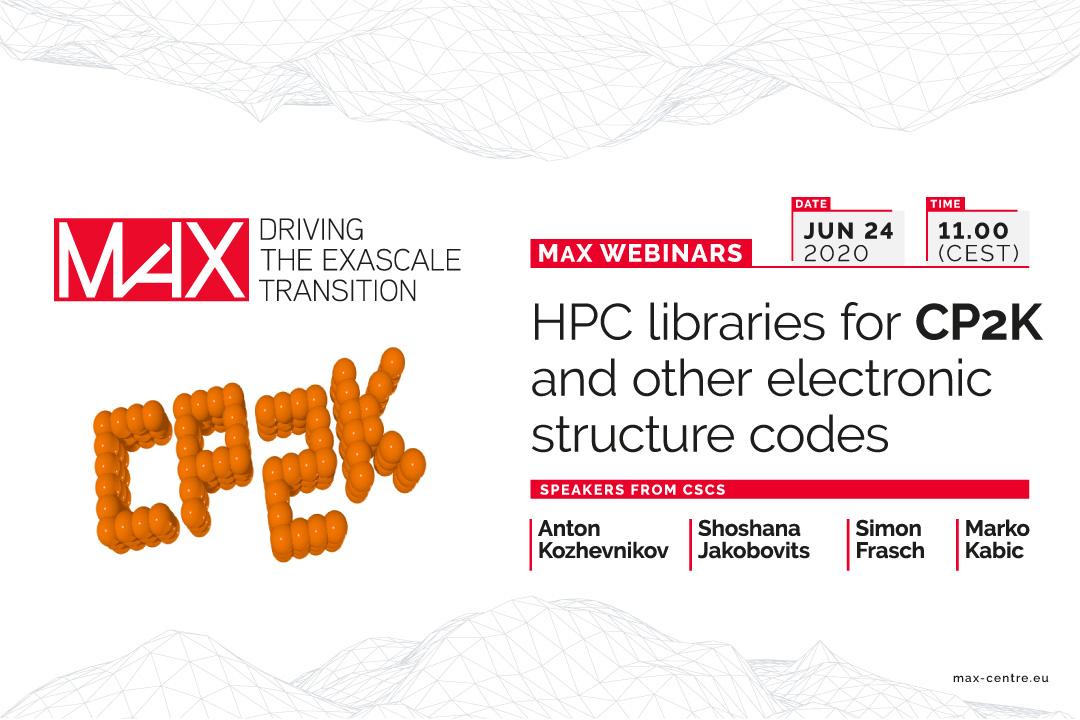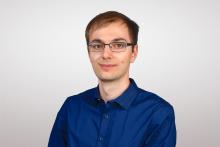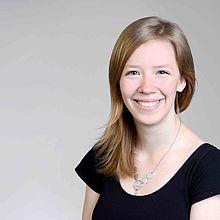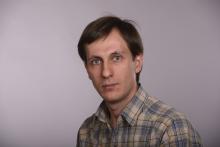
Thank you for joining the MAX webinar on "HPC libraries for CP2K and other electronic structure codes".
The webinar slides and video recording are available below. Webinar highlights and insights are here.
Download a copy!
- DBCSR library for sparse matrix-matrix multiplication - Shoshana Jakobovits
- COSMA library for dense matrix-matrix multiplication - Marko Kabic
- SpFFT library for the large scale distributed FFT - Simon Frasch
- SIRIUS library: full-potential and pseudopotential domain-specific library for DFT calculations - Anton Kozhenikov
The next planned appointments are for SIESTA (September 22) and FLEUR (October 14). Stay tuned for the next announcements!
The Webinar will provide an accurate overview of the HPC libraries developed at CSCS in order to accelerate electronic structure code such as CP2K and Quantum ESPRESSO. These libraries are (1) DBCSR, (2) COSMA, (3) SpFFT and (4) SIRIUS).
CSCS is working on several HPC libraries which can be adopted by electronic structure codes in order to run them efficiently on current and next-generation hybrid architectures (both NVIDIA and AMD).
- DBCSR is a library designed to efficiently perform sparse matrix-matrix multiplication, among other operations. It is MPI and OpenMP parallel and can exploit NVIDIA and AMD GPUs via CUDA and HIP.
- COSMA is a parallel, high-performance, GPU-accelerated, matrix multiplication algorithm that is communication-optimal for all combinations of matrix dimensions, number of processors and memory sizes, without the need for any parameter tuning.
- SpFFT is a 3D FFT library for sparse frequency domain data written in C++ with support for MPI, OpenMP, CUDA, and ROCm. It was originally intended for transforms of data with spherical cutoff in frequency domain, as required by some computational materials science codes. For distributed computations, SpFFT uses a slab decomposition in space domain and pencil decomposition in frequency domain (all sparse data within a pencil must be on one rank).
- SIRIUS is a domain specific library for electronic structure calculations. It implements pseudopotential plane wave (PP-PW) and full potential linearized augmented plane wave (FP-LAPW) methods and is designed for GPU acceleration of popular community codes such as Exciting, Elk and Quantum ESPRESSO. The library is open-source (BSD 2-clause licence) and is freely available. SIRIUS is written in C++11 with MPI, OpenMP and CUDA/ROCm programming models. SIRIUS is organised as a collection of classes that abstract away the different building blocks of DFT self-consistency cycle.
Who should attend
Developers and advanced users of electronic structure codes for whom HPC matters.
Key Takeaways
If you have a large sparse or dense matrix-matrix multiplication problem, a large 3D FFT problem, or you are working on a GPU acceleration of a plane-wave DFT code, we will be happy to collaborate.
Agenda
11:00 - 11:05 - Webinar Introduction - Anton Kozhenikov
11:05 - 11:15 - Overview of HPC problems arising from large scale electronic structure calculations in localised basis (CP2K) and plane-wave basis (Quantum ESPRESSO) - Anton Kozhenikov
11:15 - 11:25 - DBCSR library for sparse matrix-matrix multiplication - Shoshana Jakobovits
11:25 - 11:35 - COSMA library for dense matrix-matrix multiplication - Marko Kabic
11:35 - 11:45 - SpFFT library for the large scale distributed FFT - Simon Frasch
11:45 - 11:55 - SIRIUS library: full-potential and pseudopotential domain-specific library for DFT calculations - Anton Kozhenikov
11:55 - 12:05 - Q&A and Closing remarks
MaX webinar series
This seminar is included in a series presenting the most recent developments of the MaX flagship codes. The next planned appointments are for SIESTA (September 22) and FLEUR (October 14). Stay tuned for the next announcements!
WEBINAR SPEAKERS

Simon Frasch
Simon Frasch received his BSc and MSc in Computational Science and Engineering from ETH Zurich, specializing in computational physics and machine learning. In 2019, he joined the Swiss National Supercomputing Centre (CSCS) as part of the Scientific Software and Library (SSL) team.
Since then, he has been working on libraries in the computational material science domain, focusing on code modularization and enabling the use of heterogenous hardware.
Marko Kabic
Finished Master studies in Computer Science at ETH Zurich, where he also worked as a research and teaching assistant. In 2017, Marko joined the Swiss National Supercomputing Centre.
He is the lead developer of the COSMA algorithm for matrix multiplication, which got awarded the Best Student Paper Award at Supercomputing 19 conference. His interest ranges from HPC, Algorithms & Data Structures, Graph Theory to Machine Learning and Linear Algebra.

Shoshana Jakobovits
Shoshana Jakobovits received her BSc in Physics from EPFL and her MSc in Computational Science and Engineering from ETH Zurich.
She joined the Swiss National Supercomputing Center (CSCS) in 2018, working as a software engineer in the Scientific Software and Libraries unit. Her work focuses on the DBCSR library, accelerating its GPU backend and porting it to heterogeneous hardware
WEBINAR MODERATOR

Anton Kozhevnikov
Anton Kozhevnikov is a computational scientist and the group lead in the Scientific Software and Libraries Unit at the Swiss National Supercomputer Centre (CSCS). The group is focused on the development of HPC libraries for the electronic structure community.
He obtained his PhD in Theoretical Physical Sciences in 2007 from the Institute of Metal Physics of the Ural Branch of the Russian Academy of Sciences. He then worked as a post-doctoral researcher at the University of Tennessee in Knoxville and later at the Swiss Federal Institute of Technology in Zürich (ETHZ) before joining CSCS in 2013.

